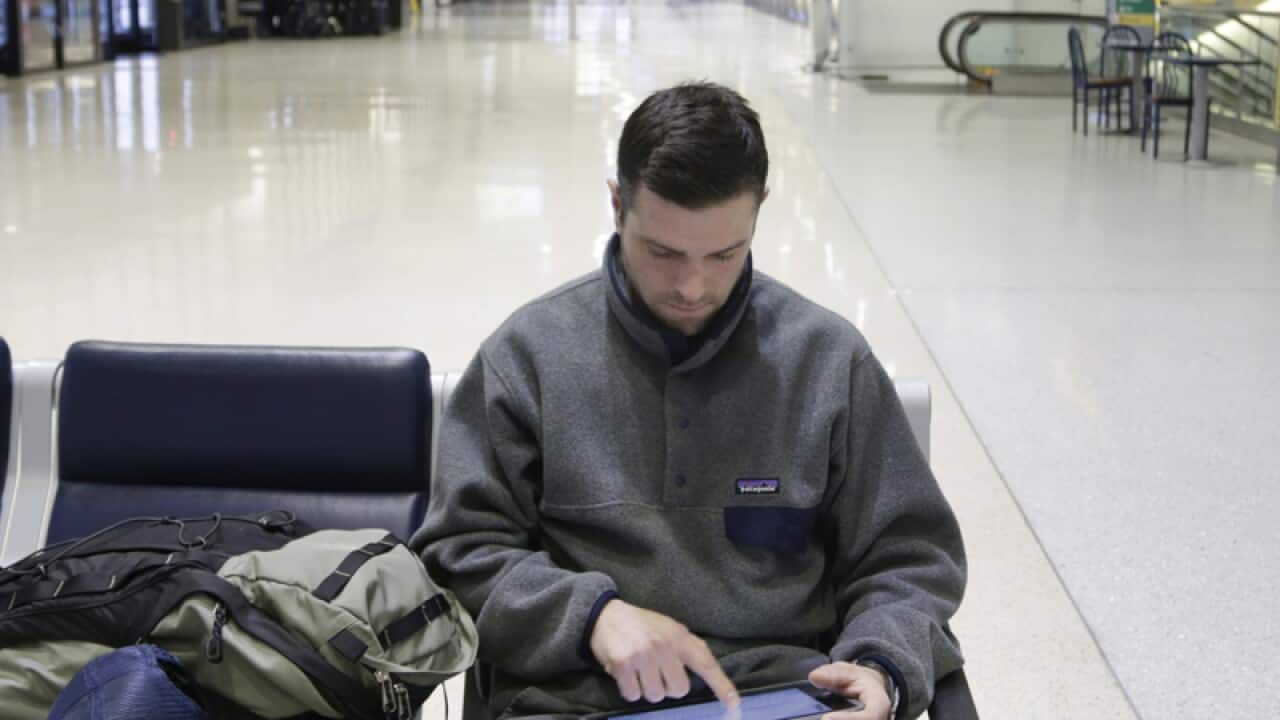New rules banning many electronic items from passenger cabins on US and UK-bound flights will force a rethink now on fire safety concerns in consigning them to the hold, and some experts are questioning whether the limited ban can improve passenger security.
The rules, announced on Tuesday, cover carry-on electronic devices on planes flying from 10 airports in Amman, Cairo, Kuwait City, Doha, Dubai, Istanbul, Abu Dhabi, Casablanca, Morocco; Riyadh and Jeddah, Saudi Arabia..
While Britain has introduced restrictions on carry-on electronic goods on direct inbound flights from Turkey, Lebanon, Jordan, Egypt, Tunisia and Saudi Arabia.
The Trump administration said passengers travelling from those airports could not bring devices larger than a mobile into the main cabin. Instead, they must be in checked baggage.
The clampdown was prompted by reports that militant groups want to smuggle explosive devices in electronic gadgets, US officials said.
Matthew Finn, managing director at security consultants Augmentiq, said placing such devices in the hold, rather than in the cabin made little sense.
Bruce Schneier, security technologist and lecturer at the Kennedy School of Government at Harvard University, disagreed.
"Forcing it in the plane's hold would make it much harder to detonate," he said.
In 2016, the United Nations' aviation arm, the International Civil Aviation Organization, prohibited shipments of lithium-ion batteries as cargo on passenger planes.
Portable computers have however been under increased scrutiny since a suspected suicide bomber blew a hole in the fuselage of an Airbus A321 flown by Daallo Airlines and forced it to make an emergency landing in Mogadishu in February 2016.
The bomber was sucked out of the plane through the 1-metre-wide hole, which reports said may have been caused by a device contained inside a laptop computer handed to the passenger only after he had cleared airport scanners.
US officials say militant groups such as Yemen-based al-Qaeda in the Arabian Peninsula (AQAP) are known for innovative bomb designs, including burying them inside computers.









